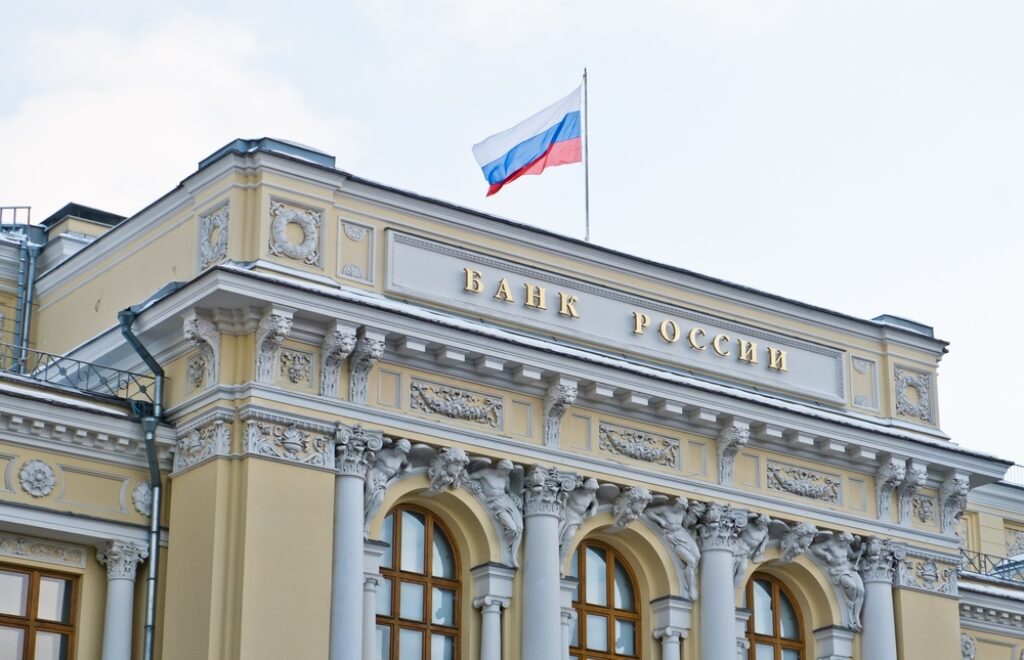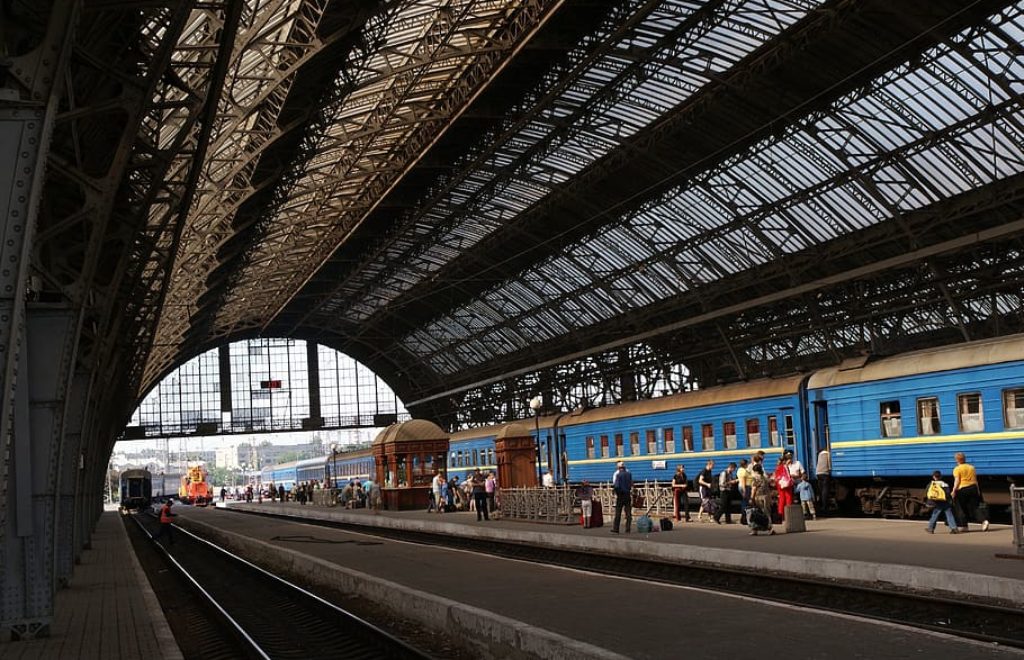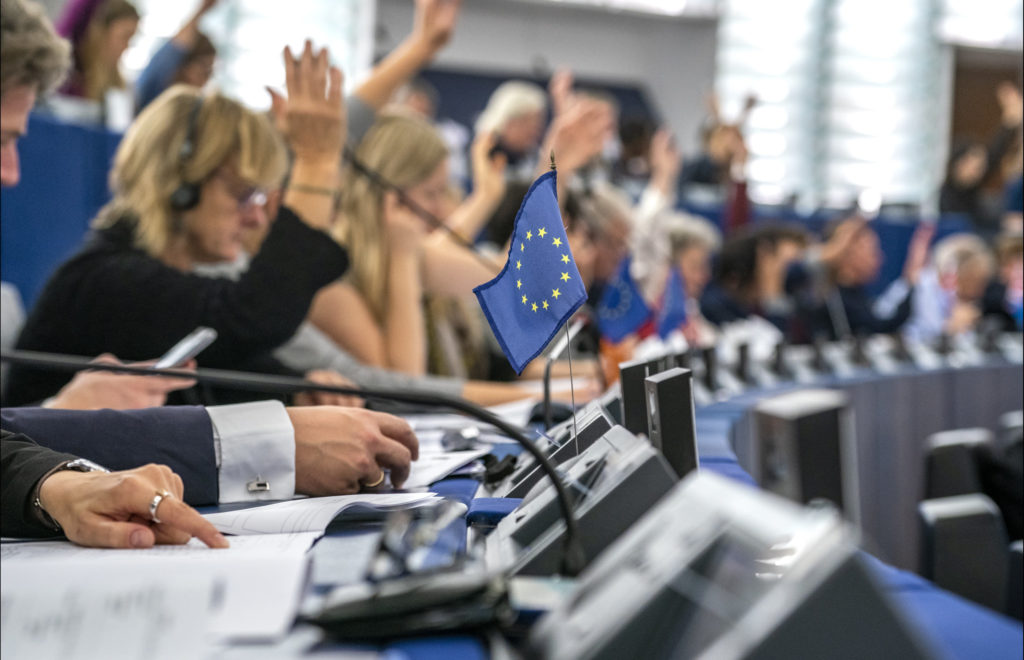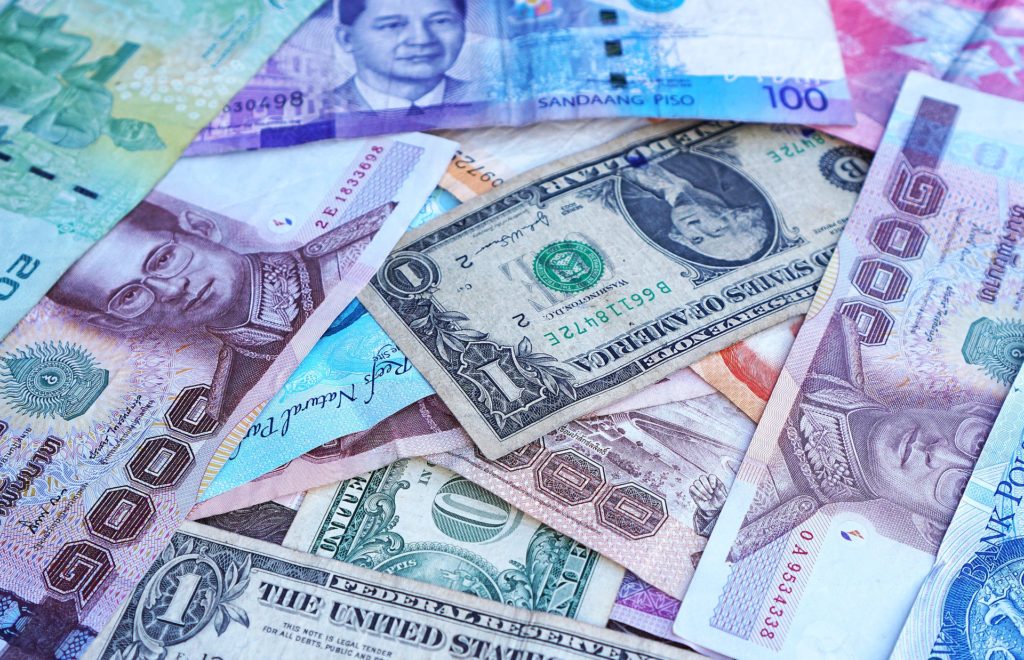War, inflation and central banks
In the many economic analyses of the countries involved in the war on the borders of the European Union, little attention is paid to the role of the central banks of Belarus, Russia and Ukraine. However, a look at their functioning allows us to gain not only a better understanding of the current economic policies of Kyiv, Minsk and Moscow but also an insight into the peculiarities of these countries' economic systems.
February 7, 2024 - Kacper Wańczyk






































